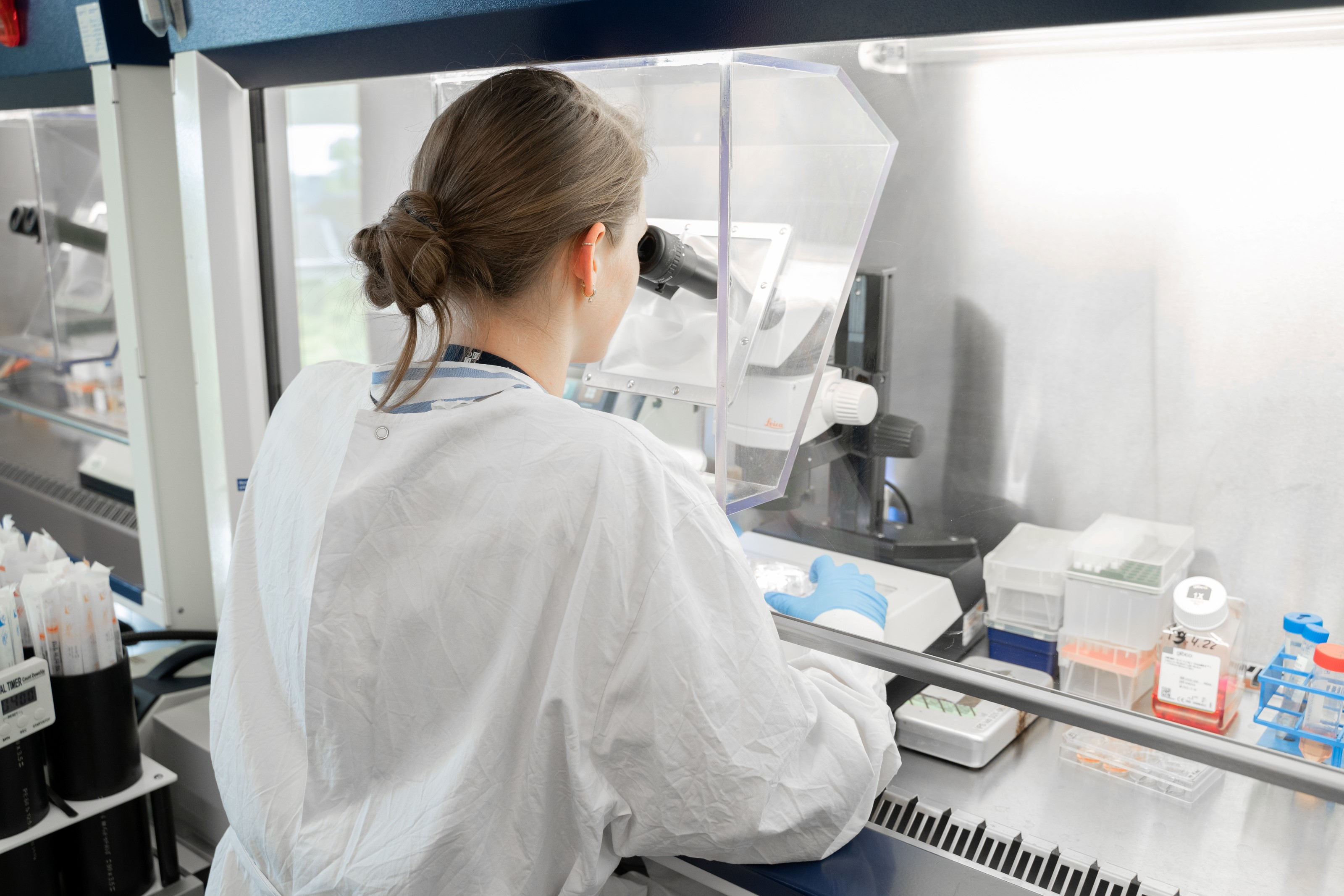Marie Curie fellowship brings 4 talented researchers to the LUMC
&width=710&height=710)
Replicating heart cells
Menno ter Huurne is currently working in Australia as a postdoctoral researcher. With this grant, he will return to the Netherlands to conduct research on heart failure in the group of Christine Mummery, professor of Developmental Biology. "Because adult heart cells are unable to multiply, damaged heart tissue, such as after a heart attack, is not renewed," Ter Huurne explains. "In this research, I will use mini hearts made from stem cells to develop and deploy a screening platform to find out which factors trigger heart cells to multiply."
Unravelling the cause of inflammatory bowel disease
Vincent van Unen has been back in the Netherlands since late 2022. He came to Leiden from Stanford where he was working on a new model to study intestinal tissue. Thanks to the Marie-Curie grant, he can continue this project in Professor Jannie Borst's laboratory. Here, he focuses on inflammatory bowel disease. Although this disease occurs in 500 out of 100,000 people, little is still known about how it arises. In addition, current treatment options lead to improvement in only 30-40% of patients. "There is a need to unravel the cause of the disease and to find more targeted therapies," says Van Unen. However, there is no accurate model to study inflammatory bowel disease. Van Unen's goal is to use organoid technology, which he also worked with at Stanford, to find out what underlies this condition.
Improving immunity to malaria
In late 2022, Rajagopal Murugan also came to Leiden. Until then, he was conducting research on antibodies against AIDS, malaria and COVID-19 in Berlin and Heidelberg. "Malaria is one of the leading causes of death in low- and middle-income countries. Despite recent advances in vaccination, long-term immunity is not achieved," says Murugan. "In this project, I aim to map the cellular and molecular characteristics of the antibody response that contribute to protection against malaria." By working together with the groups of professor Roestenberg and Yazdanbakhsh, Murugan combines knowledge about parasite vaccine development and B cells, the factories that make antibodies, using the latest techniques to study immune cells.
Protection against streptococci
The Department of Parasitology welcomes researcher Dennis Hoving, who previously worked in the UK. In Simon Jochems' group, he will conduct research on the pneumonia-causing bacteria streptococcus. "Despite the implementation of pneumococcal vaccine regimens, pneumonia remains an important cause of death, particularly for young children, the elderly and immunocompromised individuals. We still know little about the specific B cells that are responsible for protection against disease", he says. With his project, he wants to find out how our immune system responds to this bacteria and pneumococcal vaccines, focusing on the B cells. "If we’re able to map B-cell immunity against the streptococcus bacteria and vaccine, we might be able to accelerate and improve vaccine development".
&width=608)
&width=710)
&width=710)
&width=710)